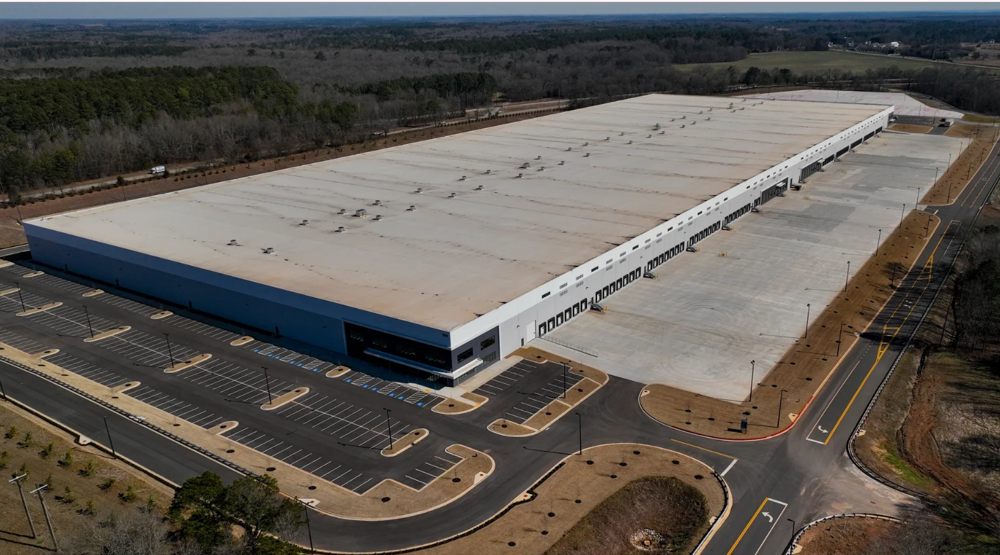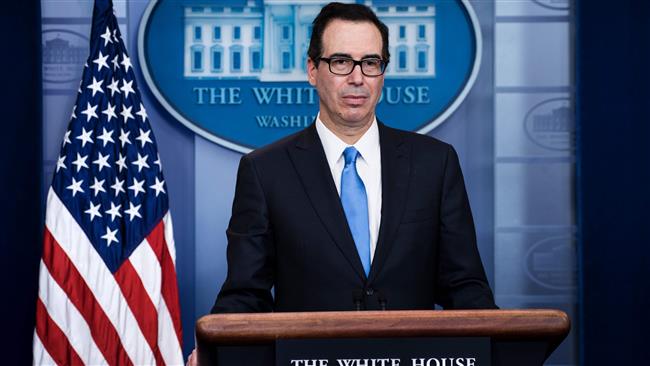US Senate passes budget bill, clearing way for Trump’s tax overhaul
The US Senate in Congress has narrowly passed a federal budget for 2018, the first step toward a controversial tax overhaul proposed by President Donald Trump that critics say benefits the wealthy.
The Republican measure, which passed along party lines on Thursday, is a largely symbolic gesture. However, the legislation includes special instructions that allows Trump's party to pass tax reforms with a simple majority vote.
All Democrats and only Republican-- Senator Rand Paul of Kentucky-- voted against.
The US House of Representatives, which is the lower chamber in Congress, will hold a vote on the measure next week.
"With this budget, we're on a path to delivering much needed relief to American individuals and families who have borne the burdens of an unfair tax code for entirely too long," Senate Majority Leader Mitch McConnell said immediately following the 51-49 vote.
Trump hailed the vote as "an important step in advancing the administration's pro-growth and pro-jobs legislative agenda," saying it "creates a pathway to unleash the potential of the American economy through tax reform and tax cuts."
Trump took office in January arguing that tax reform will further boost the economy and benefit ordinary Americans.
The plan would lower the top individual tax rate, paid by high-earning American individuals, to 35 percent from 39.6 percent. It would also lower the top corporate income tax rate to 20 percent from the current 35 percent.
The broad-based US tax cuts proposed the Trump administration would mostly benefit the very wealthy while lowering government revenues by $2.4 trillion over 10 years, according to a recent analysis.
The top one percent of US earners will see their after-tax incomes rise 8.5 percent next year, while 95 percent of lower income Americans will see a gain of just 0.5-1.2 percent, according to a report released last month by the Tax Policy Center, a nonpartisan think tank based in Washington DC.
The proposed tax cuts would also reduce federal government revenues by $2.4 trillion over the next decade and then by $3.2 trillion over the decade after that, according to the study.
Republican lawmakers say the proposed tax cuts will more than cover the huge shortfall by spurring economic growth, which would lead to future tax revenues.
Democrats have strongly denounced the tax cuts as a $1.5 trillion giveaway to the rich, and said the budget framework would cut deep into federal health programs for the elderly, the poor and the disabled, while dramatically slashing funds for education, transportation and infrastructure.
Iran sees 40% surge in scientific Olympiad participation
Putin: Developing Russia's nuclear forces 'absolute priority'
Hamas condemns Netanyahu’s proposal for new regional alliance
Huckabee mocks Arab League's condemnation of his biblical territorial remarks
VIDEO | Trump tariff setback
VIDEO | Press TV's news headlines
VIDEO | Iran will not 'capitulate' since it has military surprises for US
China overtakes US as Germany’s top trading partner

















 This makes it easy to access the Press TV website
This makes it easy to access the Press TV website